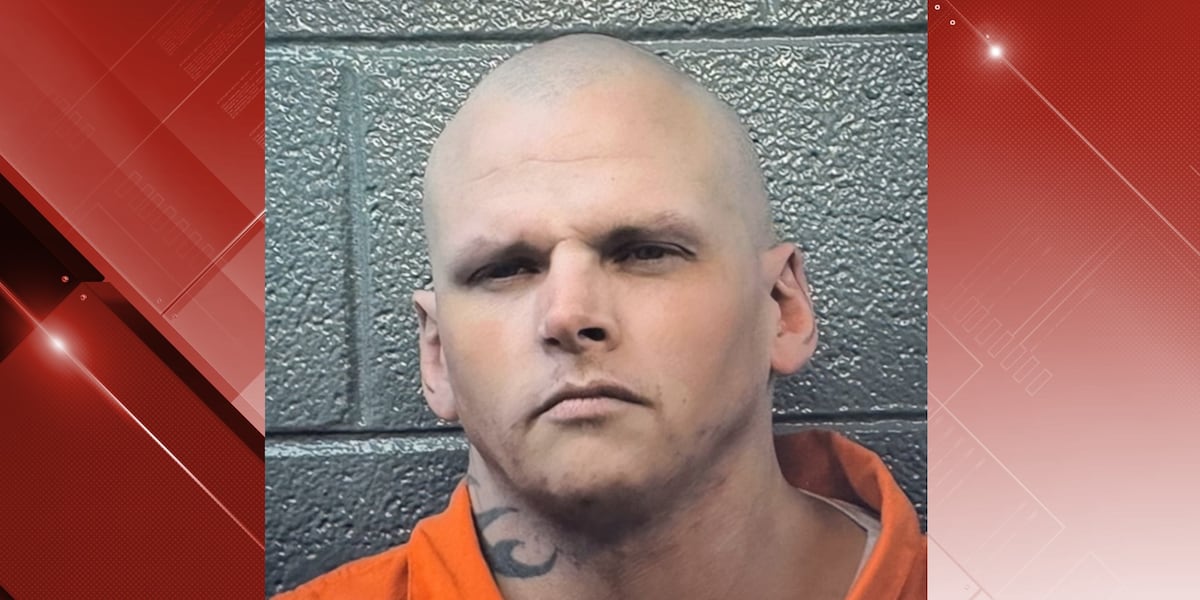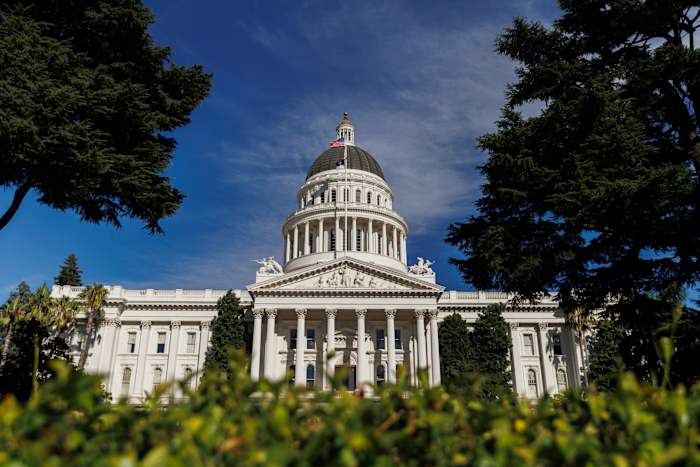RFK Jr. Faces Tough Questions from Congress on Healthcare Spending and Vaccine Policies
The hearing, held on [Date of Hearing - insert date here], saw Kennedy facing rigorous questioning from members of the House Energy and Commerce Health Subcommittee. The session centered around two primary areas: significant proposed reductions in federal healthcare spending and recommendations for restructuring and potentially merging various health agencies. These proposals, part of broader discussions about government efficiency and fiscal responsibility, have sparked anxieties among healthcare providers, patient advocacy groups, and policymakers alike.
Kennedy, known for his advocacy for alternative health approaches and his often-critical stance on conventional vaccine schedules, presented his perspectives on both issues. Regarding healthcare spending cuts, he emphasized the need for careful consideration of the potential impact on vulnerable populations and access to essential services. He argued for exploring alternative models of care delivery and preventative measures to reduce long-term healthcare costs. While acknowledging the need for fiscal prudence, Kennedy stressed the importance of maintaining a robust healthcare safety net.
On the topic of vaccine policy, Kennedy reiterated his concerns about vaccine safety and the potential for adverse reactions. He advocated for greater transparency in vaccine research and development, as well as increased parental choice regarding vaccination decisions. His views, which often diverge from those of mainstream medical organizations, were met with both support and skepticism from subcommittee members.
Members of the subcommittee pressed Kennedy on the potential consequences of his proposals. Concerns were raised about the feasibility of achieving significant healthcare savings without compromising patient care. Several lawmakers questioned Kennedy's assertions regarding vaccine safety, citing extensive scientific evidence supporting the safety and efficacy of vaccines. The hearing highlighted a clear divide in perspectives on these critical healthcare issues.
The testimony by Robert F. Kennedy Jr. underscores the complexities surrounding healthcare spending and vaccine policy in the United States. The proposals discussed during the hearing are likely to be further debated and refined as Congress continues to work on healthcare legislation. The impact of any changes to healthcare funding or vaccine policies could be far-reaching, affecting millions of Americans. The hearing served as an important platform for public discussion and scrutiny of these vital issues. The subcommittee will likely hold further hearings and deliberations before making any recommendations to the full House of Representatives.
The debate surrounding healthcare spending and vaccine policy is expected to remain contentious in the coming months. Robert F. Kennedy Jr.'s testimony has undoubtedly injected further complexity into the discussion, prompting a renewed examination of these critical issues. The ultimate outcome will depend on the ability of policymakers to find common ground and address the concerns of all stakeholders.






